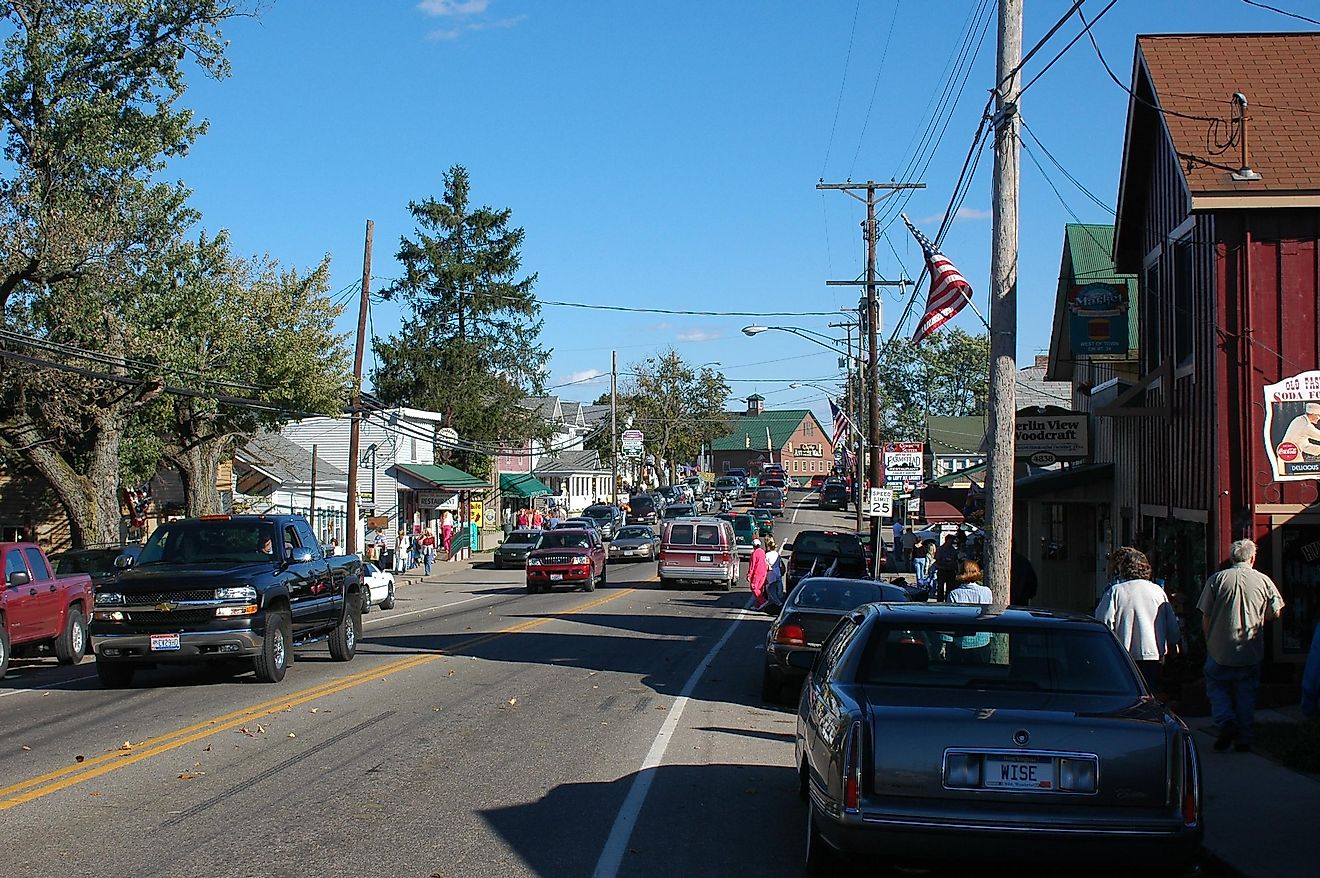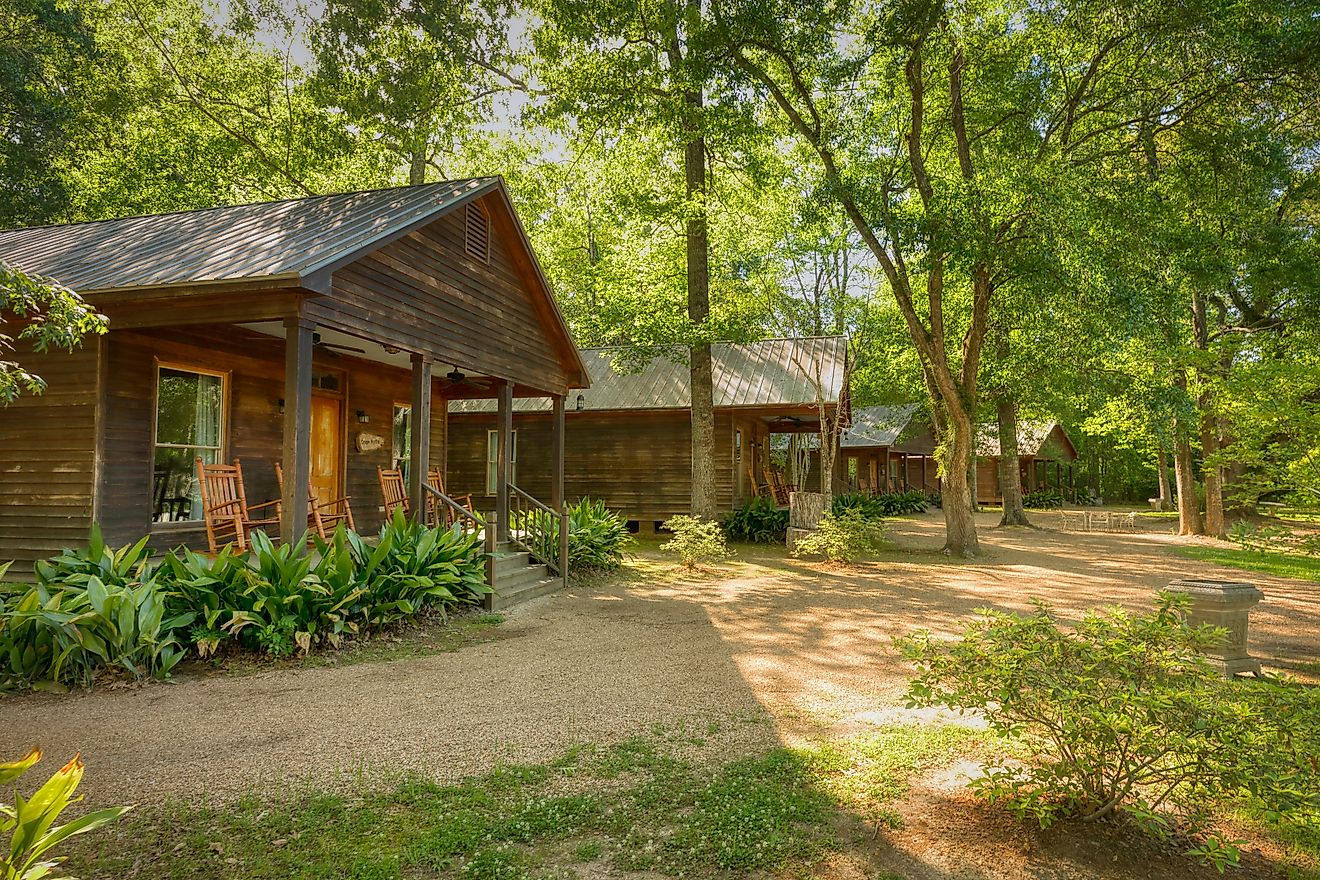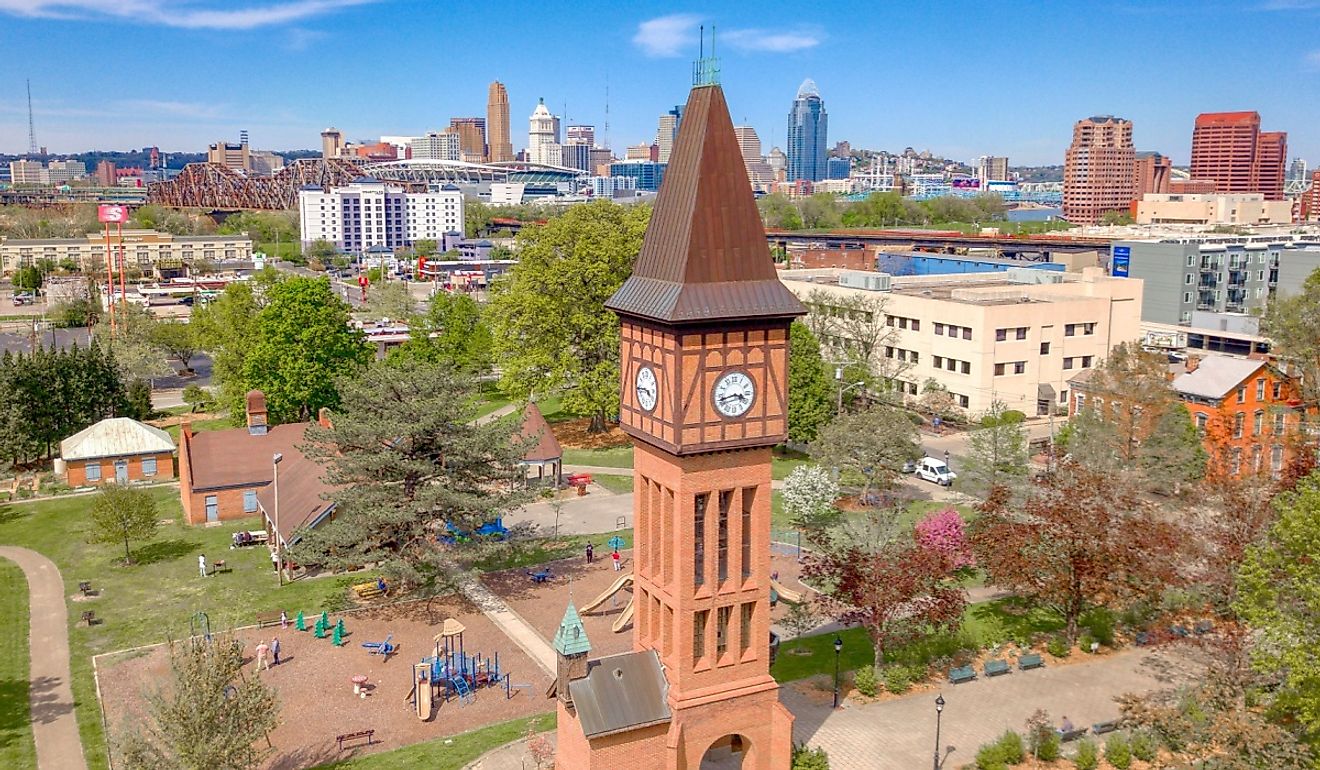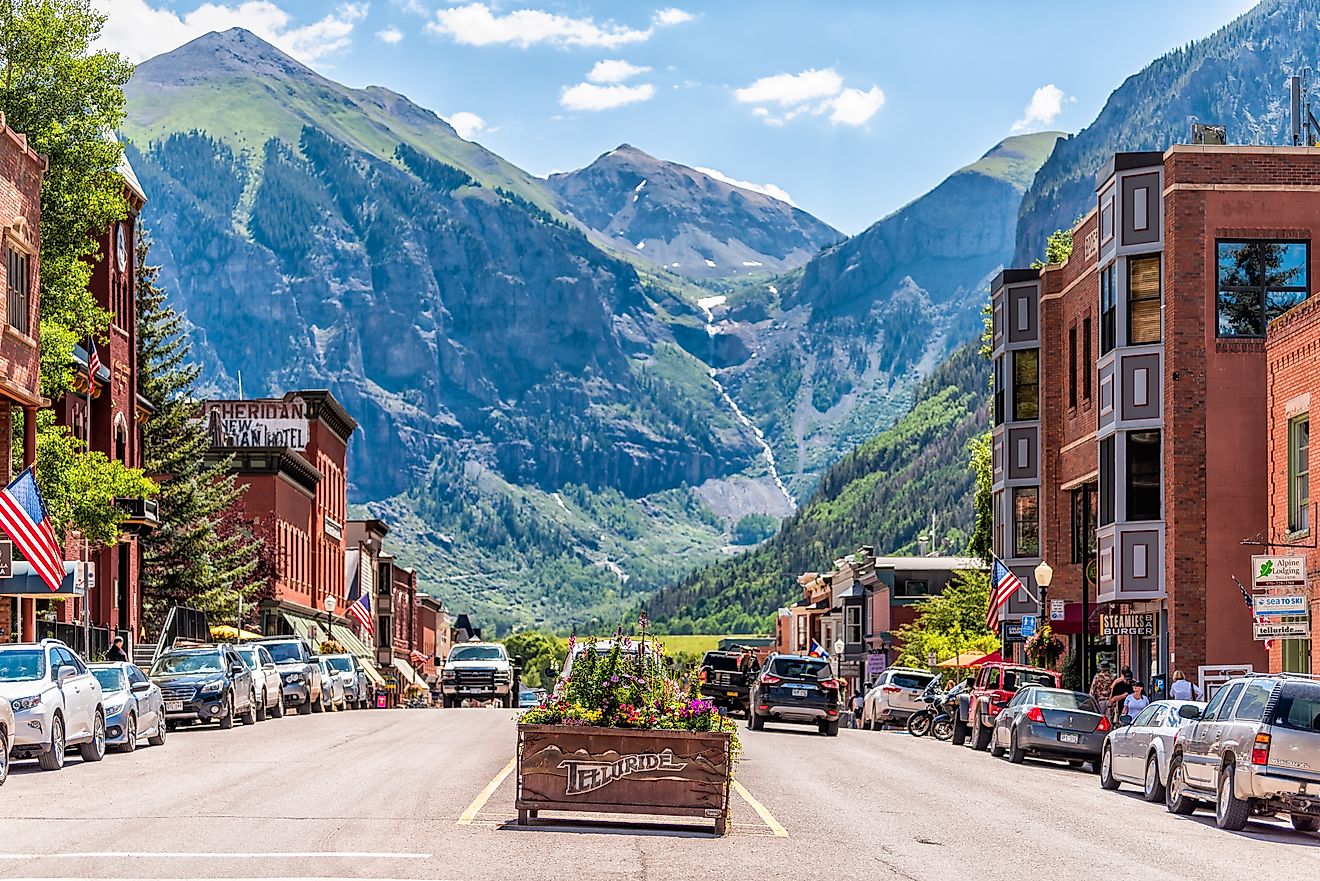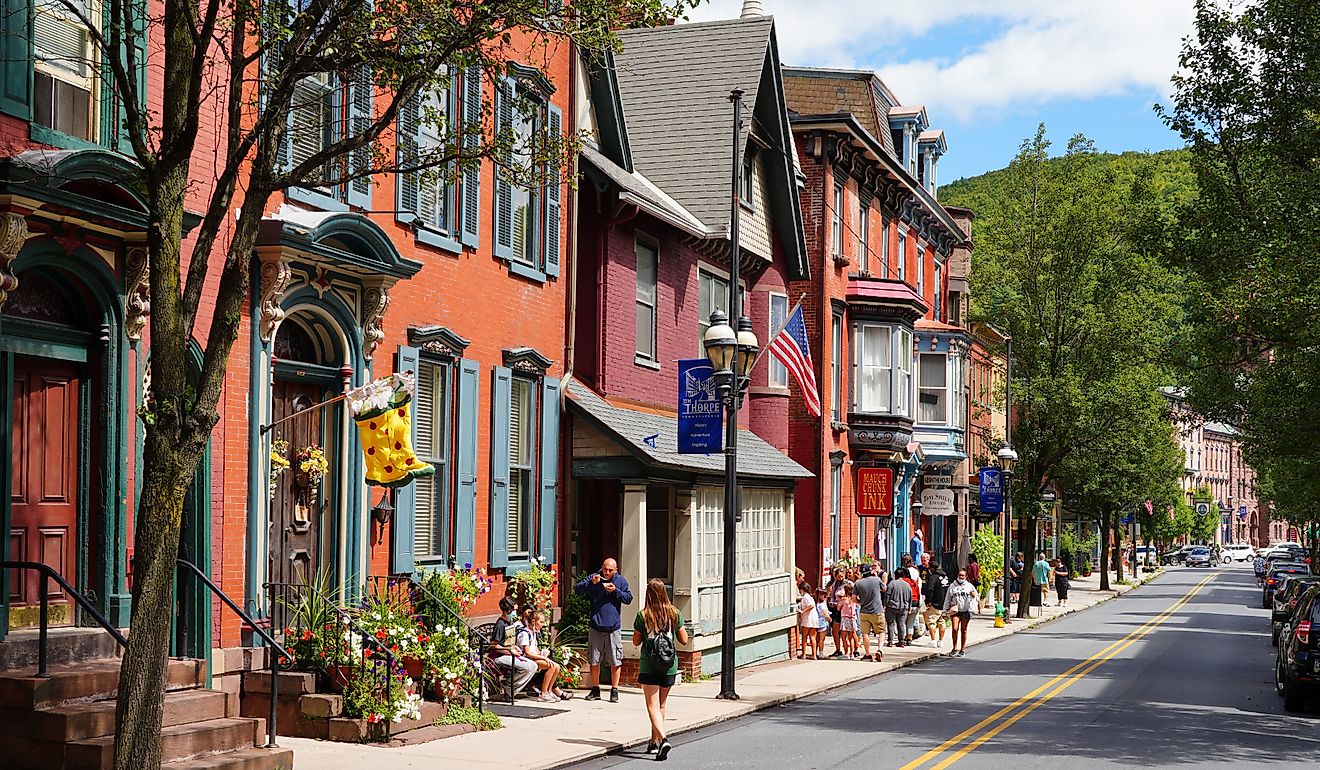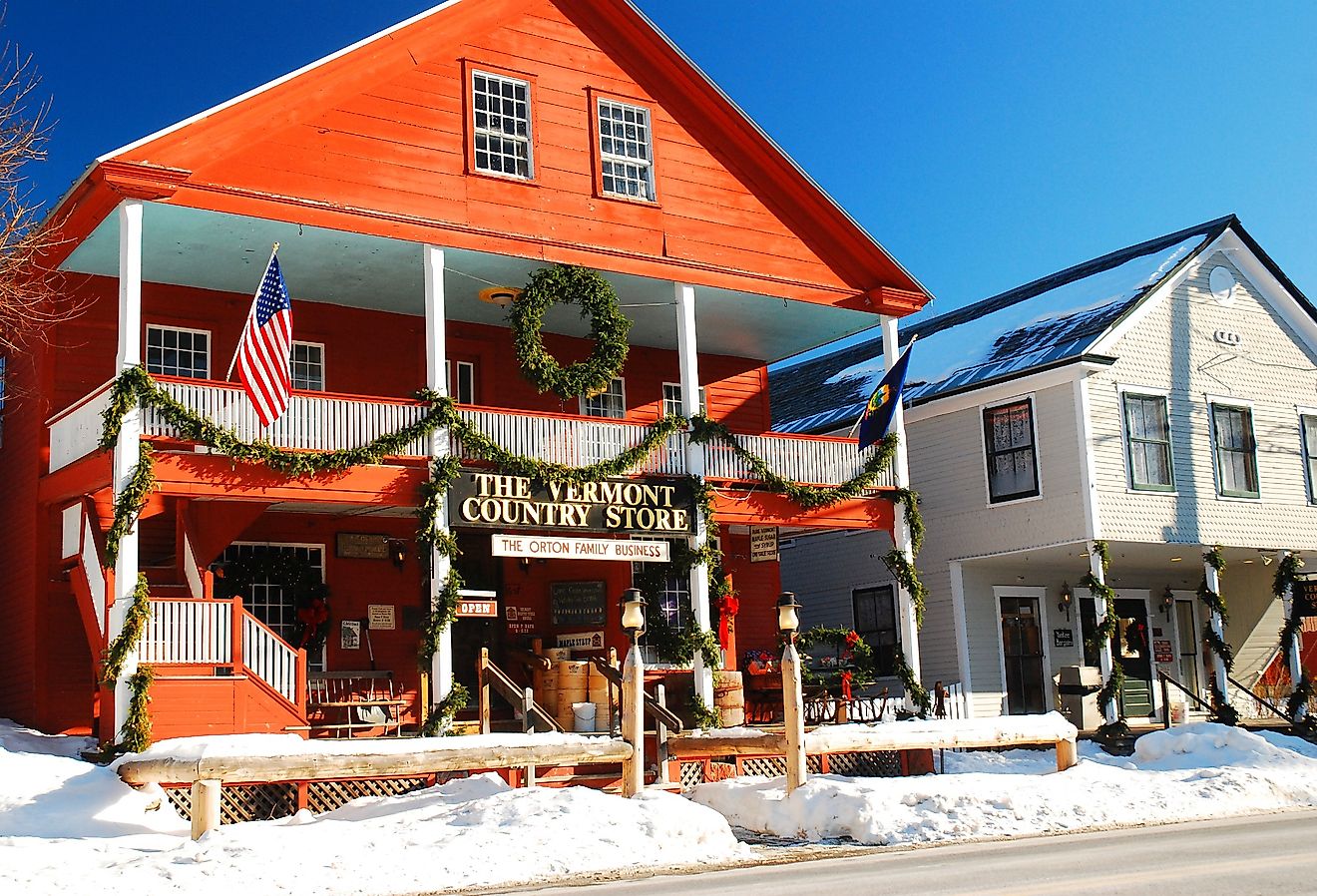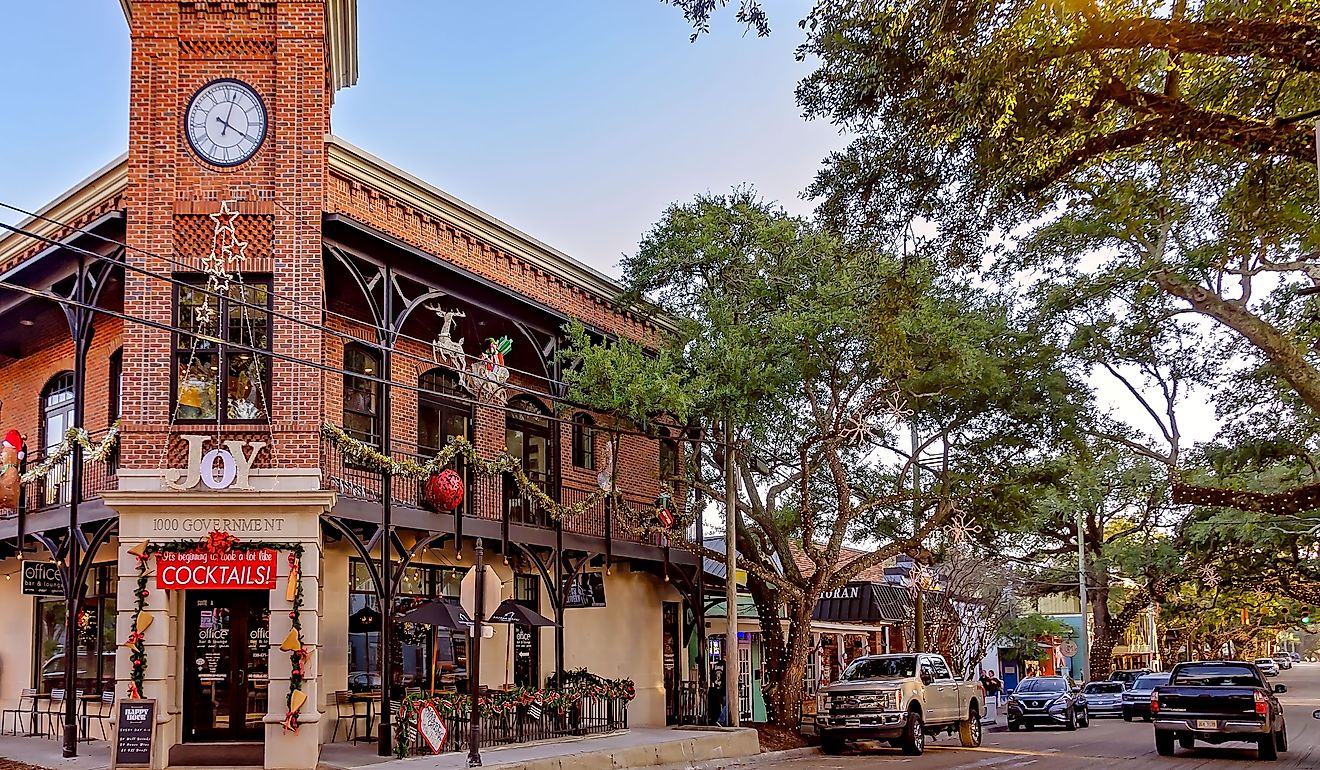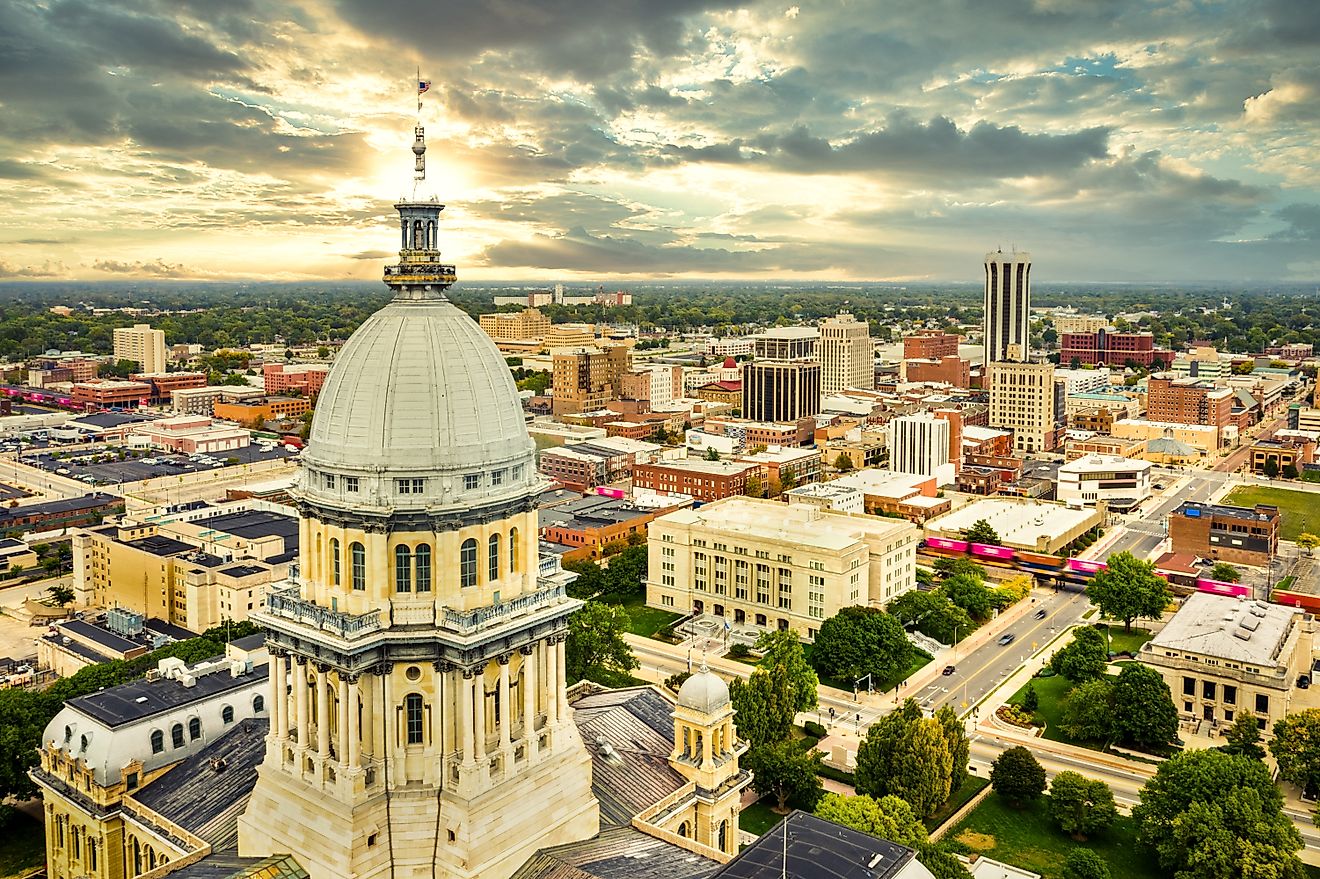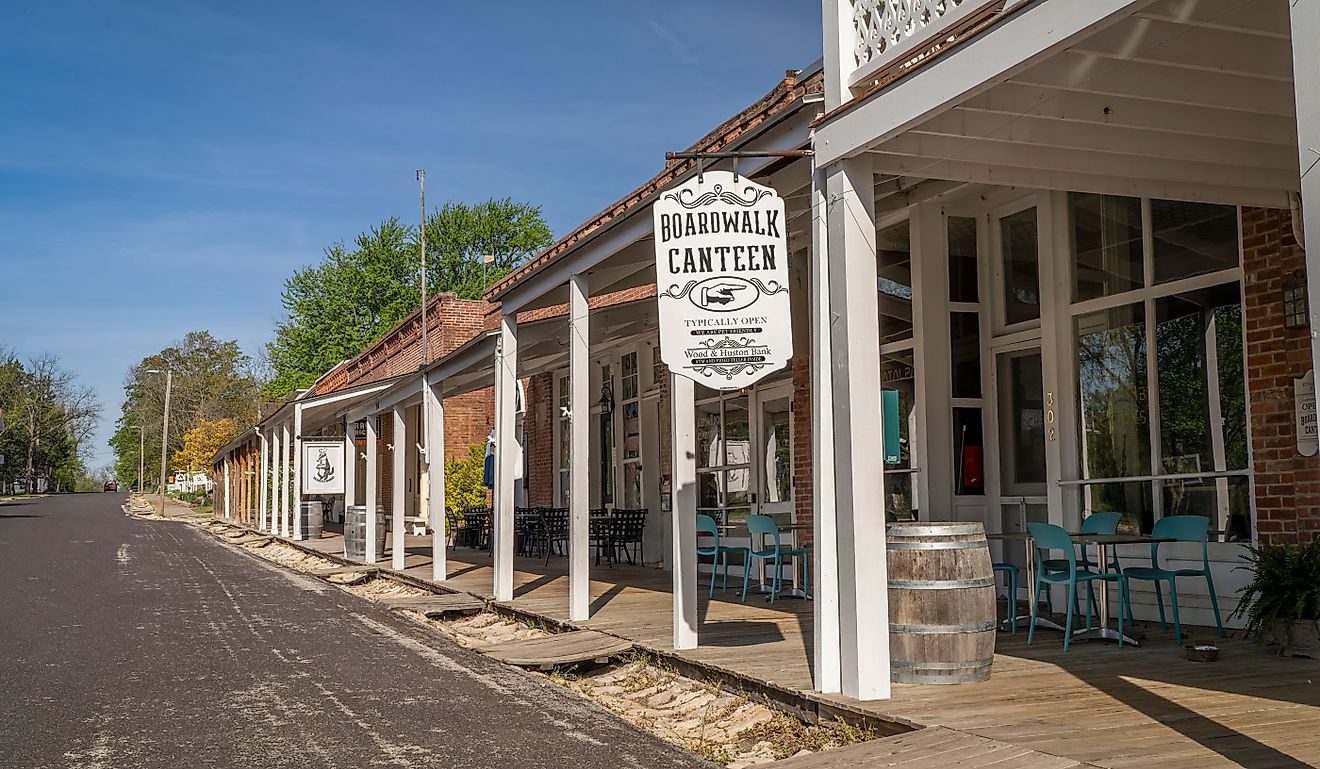
Hudson, Massachusetts
Located in Middlesex County in the northeastern portion of the US state of Massachusetts, Hudson is a town that comes from humble beginnings. Initially, a mill town specializing in shows, the city has grown immensely with many immigrants from Canada and Europe. It has now become a lively yet tight-knit town that is primarily residential with some industries. That being said, while Hudson may not be a mill town anymore, it has much to do along the banks of the prominent Assabet River.
Geography And Climate Of Hudson
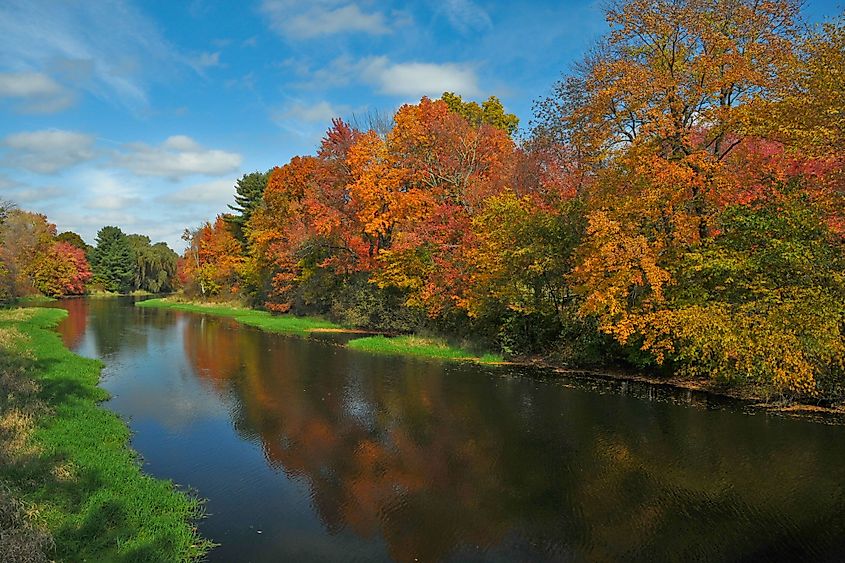
The town of Hudson is split nearly centrally by the Assabet River, which arises from wetlands in Westborough. Surrounding this, the land within Hudson spans a total area of 30.7 sq. km, out of which more than 97% is land. The remaining 3% is water within the town’s limits that is mostly present within the Assabet River. Hudson stands at an average elevation of 263 ft, much lower than the state average of 500 feet. This is primarily due to the town being surrounded by wetlands that roll down in elevation to the Hudson area.
Similar to most of the northeastern part of the state of Massachusets, Hudson experiences a humid continental climate. Due to this, the town is faced with freezing cold winters while summers are decently warm. Extremes range from -7 °C in the winter to 27 °C in the summers making it an all-around decent place throughout the year. In addition to this, the town gets lots of sunlight year-round and with often partly cloud-covered. When it comes to precipitation, Hudson receives an average of 49 inches of rain per year, which is significantly more than the national average. This is caused due to the town having a humid continental climate and, in combination with the cold winters, also leads to an impressive average snowfall of 48 inches per year.
Brief History Of Hudson

The town of Hudson initially began in 1698 when John Barnes, a European settler, was granted an acre of plantation in the area. On this land, he built a grist mill, followed by a sawmill, and also bridged the central Assabet River to create a route to Lancaster. This began the steady growth of the region with the introduction of several small mills and industries that belonged to both the local Indians as well as the settlers. By the 1800s, the town had been named Feltonville, with its own pub, general store, forge, and many other prominent buildings. This marked a further boost to development, with a major turning point being the Feltonville railroads which were set up with two train stations in the 1850s. At this point, industries were booming left, right, and center as it grew into a well-known industrial town home to many businesses and firms. While this continued until the late 1900s, nearing the 20th century, business began to drop off with various prominent players moving out and industries shutting down. By the mid-2010s, Hudson had shifted to a residential town with only some remnant industries and local businesses leftover from an impressive industrial era.
The Population And Economy Of Hudson

As per the latest Census, the population of Hudson is 20,092 inhabitants. This brings the population density across the town to approximately 674 individuals/sq.km, which is significantly higher than the state average of 346 individuals/sq.km. Surprisingly, based on recent Census estimates, Hudson’s population has supposedly dropped by over 1% in the past year, bringing it to under 20,000.
As far as the population divide is concerned, a dominant 51.7% of individuals are female, with the median age being 37 years old. The town’s racial makeup consists primarily of white individuals who make up 91.7% of the population, followed by Hispanics and Latino at 6.7% and Asians at 3.5%. Apart from this, other races, such as Hawaiians, African Americans, etc., all stand at under 1% of the population of Hudson.
The town’s median household income in 2020 was $96,038, with an average house value of a whopping $370,500. That being said, even with extravagant housing rates, Hudson town only has 4.6% of people living below the poverty line, which is less than most of the United States.
Attractions In Hudson
American Heritage Museum
One of the prime attractions in the city of Hudson, the American Heritage Museum is housed in a massive 65,000+ sq. ft facility. The military history museum is located near the border of Stow and Hudson in Massachusets and is home to more than 100 artifacts from various historical wars. Throughout the museum, the pieces range from British, German, and even Russian in origin, with many being large military vehicles such as the German SU-100 Tank Destroyer.
Medusa Brewing Company
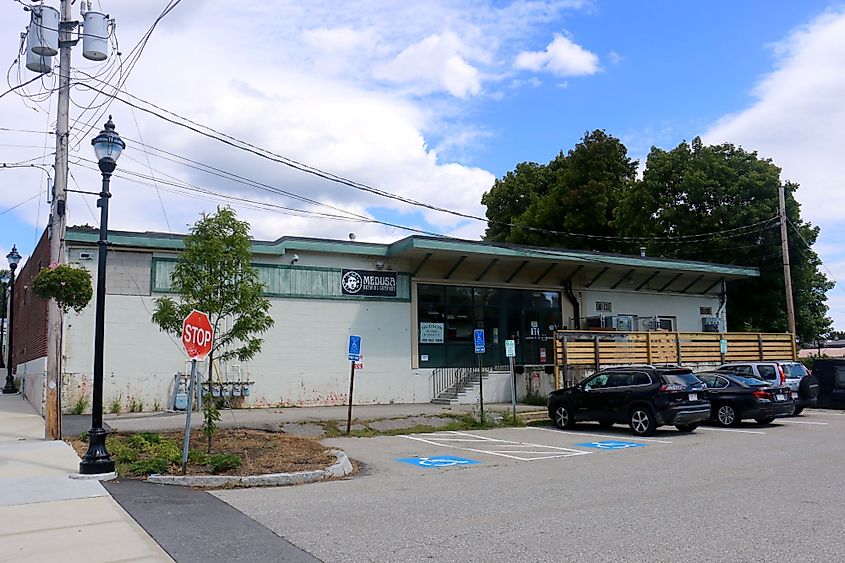
Located on 111 Main Street in Hudson, the Medusa Brewing Company is a great place where locals and tourists can enjoy a fun evening with friends. The taproom is built in a large complex with various limited food and drink options. The most well-known attractions on the menu are their freshly brewed beers which are available in various different flavors.
Assabet River Trail
Located along the central Assabet River in Hudson town, this trail is a way for you to connect with nature and the town’s immense history. Apart from Hudson, the trail also goes through various cities and towns such as Marlborough, Stow, and Maynard. What really makes this trail special is that it is built along remnants of the former railway line due to which various historical structures such as stone passages can be seen.
